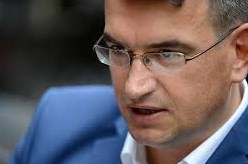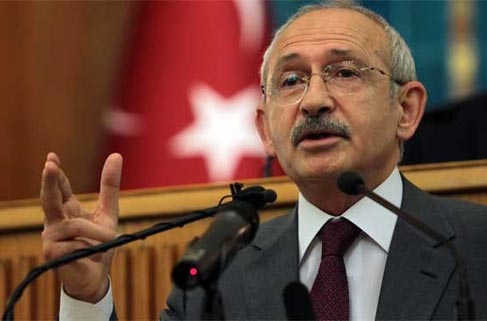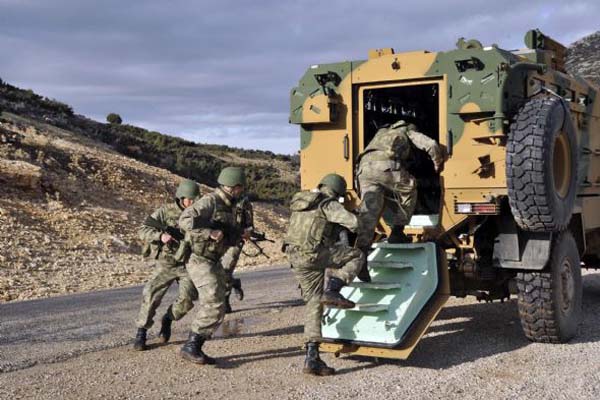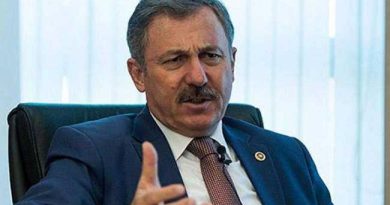Article Scan: “Why Turkey’s coup didn’t stand a chance?” (by Metin Gurcan a columnist for Al-Monitor’s Turkey Pulse)

On the night of July 15, Turkey passed a major democracy test that included a coup attempt, an uprising and the worst terror ever against its citizens. Thousands of Turkish citizens who took to the streets that night — despite the warnings of the coup plotters to stay indoors and obey the curfew — gave the clearest message: Those who came with elections, will leave with elections.
Why did the coup attempt fail?
The following developments on the night of July 15 caused the coup attempt to fail:
The fate of the coup was determined by Gen. Umit Dundar, the commander of the first army in Istanbul who called Erdogan, who was on holiday in the Mediterranean resort of Marmaris, to brief him on the events; he persuaded him to come to Istanbul where his safety would be assured — instead of trying to reach Ankara. Thanks to this early warning, Erdogan quickly left Marmaris. The coup forces raided his hotel an hour after he had left it. Erdogan’s quick departure to Istanbul was one of the key elements of disrupting the coup plans.
Dundar appeared calm and informative during the press conference that was broadcast live on TV, when he declared the coup illegitimate. He said the attempt was out of the TSK’s chain of command and that top commanders were being held hostage by the plotters.
Erdogan took the risk of taking about an hour-long flight from Marmaris to Istanbul, which was a relatively secure location for him given his service as the Istanbul mayor in 1994-98 and the third army’s actions to suppress the uprising there.
Most of the soldiers were conscripts who were told they were sent out into the streets “because of an exercise or a terror activity.” Small units in the streets made up of young soldiers doing their compulsory military service and who were led by junior commanders were surprised and disoriented when confronted with the opposition of the police and the masses of irate citizens. They quickly lost control.
The anti-coup reporting of mainstream TV channels offered the government a psychological advantage.
The efforts of the citizens and police persuaded and compelled the soldiers at strategic points — the bridges over the Bosporus, Istanbul Ataturk airport, Ankara’s Kizilay Square as well the presidential compound — to end their operations. The coverage of this courageous resistance of the people and police by TV channels reinforced the government’s efforts.
The opposition political parties refused to support the coup attempt.
The Land Forces Command, which carries the most weight in the TSK, lacked support.
What else may have prompted the coup attempt?
The plotters did not have a proper chain of command and could not coordinate their actions; they did not have an operations center. The junta that appeared to be focused on Ankara and Istanbul could not exploit the element of surprise it had achieved between 10 p.m. and midnight, which gave the impression the coup attempt was a hastily hatched kamikaze effort.
Metin Gurcan is a columnist for Al-Monitor’s Turkey Pulse. He served in Afghanistan, Kazakhstan, Kyrgyzstan and Iraq as a Turkish military adviser between 2002-2008. Resigned from the military, he is now an Istanbul-based independent security analyst.





